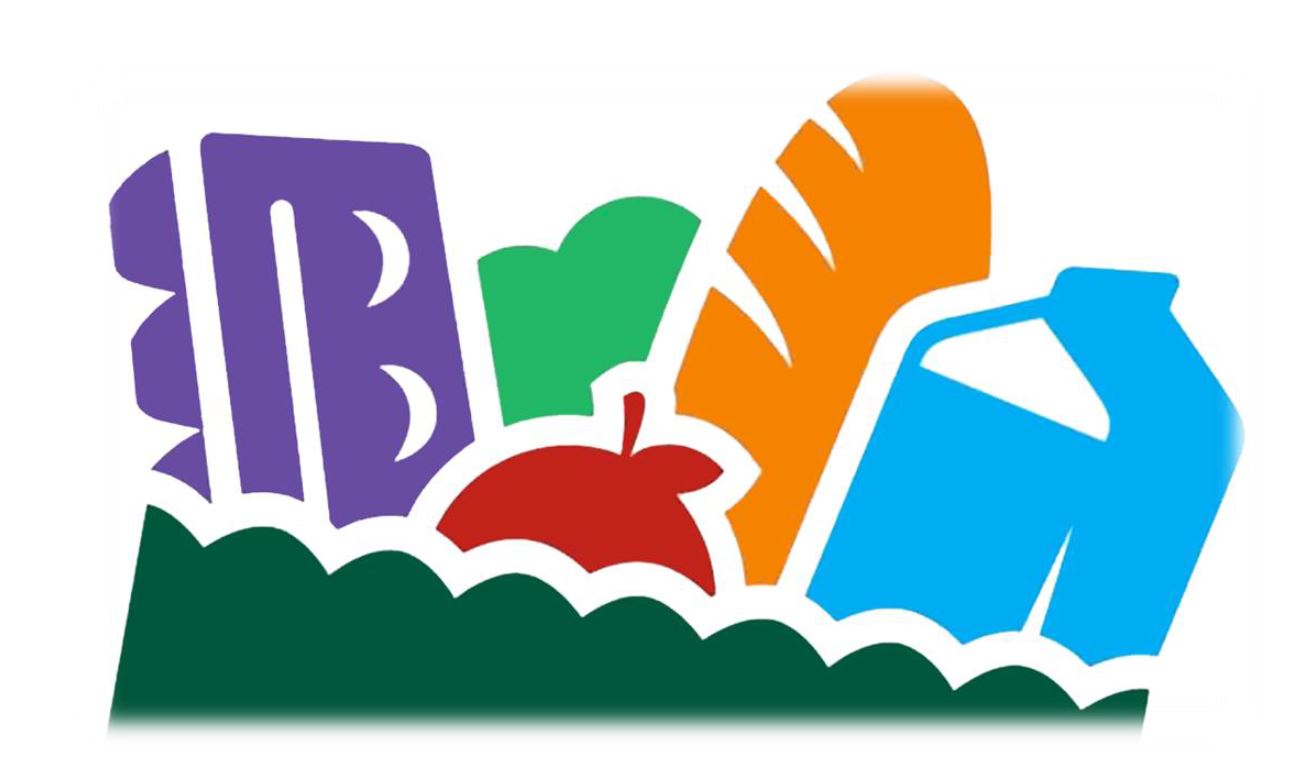In our February Newsletter, we wrote about a SNAP rule change proposed by the United States Department of Agriculture (USDA). The new rule would increase hunger and food insecurity by restricting the ability of states to waive the time limits for receipt of SNAP by able-bodied adults without dependents (ABAWDS). [Read earlier article here].
The people of the State of New York would be particularly hard hit by the proposed rule. Nationally, USDA estimates that more than three quarters of a million current recipients would lose their SNAP benefits. Comments on this proposed USDA rule must be submitted by April 2.
Now our colleagues at the Center for Law and Social Policy (CLASP) have alerted us to the potentially devastating impact of the proposed rule on low-income college students who attend less than half time. Students attending half time or more are subject to a different set of eligibility rules, and while these regulations urgently need to be changed, they would not be affected by the new proposed rule. Students attending less than half time, however, as are many students in New York City, would lose their SNAP benefits unless they can document 20 hours or more of work per week (or are otherwise exempt). CLASP has summarized the impact of this rule on low-income part time college students:
“If these students are unable to document enough hours of countable work-related activities and are not otherwise exempt, they will lose SNAP, become increasingly food insecure, and have less resiliency to complete coursework. The rule will also exacerbate existing confusion about SNAP eligibility for students needing food assistance and act as a deterrent from applying for SNAP. The rule will additionally make it more difficult for frontline workers to make clear eligibility determinations for students. The cumulative effect will be to discourage education and make it harder for low-income people to achieve economic security. If finalized, the proposed rule would make it harder for food insecure students to achieve economic mobility through education and training activities and also disconnect them from supportive services offered to SNAP recipients through the SNAP Employment & Training (E&T) program.”1
We urge you to submit a public comment; let USDA know that the proposed rule will undermine higher education as a pathway out of poverty. Again, comments are due by April 2, 2019.
For more information on the proposed rule, its potential negative impacts on higher education, and the importance of public comments, see Carrie Welton’s blog post, “Speak Up! Protect SNAP for College Students” on the CLASP website.
CLASP has created a template to assist in preparing a comment; see Comment Template here.
You can submit your comment through CLASP, following the instructions for use of the template, or through the following websites:
- Food Research and Action Center: http://www.frac.org/timelimitcomments
- Hunger Solutions New York: https://hungersolutionsny.org/snap-policy/abawd-comments/
- Feeding America: https://secure.feedingamerica.org/site/Advocacy?cmd=display&page=UserAction&id=386
Comments can also be submitted directly to the Food and Nutrition Service of USDA which provides the following information at https://www.federalregister.gov/documents/2019/02/01/2018-28059/supplemental-nutrition-assistance-program-requirements-for-able-bodied-adults-without-dependents.
- Preferred Method: Federal eRulemaking Portal: Go to http://www.regulations.gov. Follow the online instructions for submitting comments.
- Mail: Send comments to Certification Policy Branch, Program Development Division, FNS, 3101 Park Center Drive, Alexandria, Virginia 22302.
- All written comments submitted in response to this proposed rule will be included in the record and will be made available to the public. Please be advised that the substance of the comments and the identity of the individuals or entities submitting the comments will be subject to public disclosure. FNS will make the written comments publicly available on the internet at http://www.regulations.gov.
1 CLASP, SNAP rule template-college student.docx p.2.
By Janet Poppendieck, Senior Fellow
